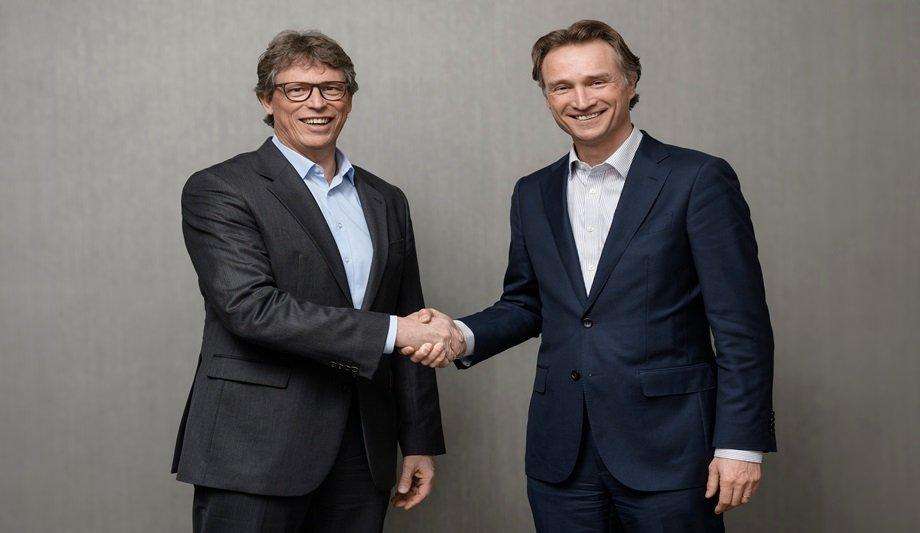Heineken, the renowned brewing company, has announced a significant partnership with Siemens, aimed at advancing its sustainability objectives. This collaboration involves the development of a digital twin and monitoring system by Siemens to facilitate Heineken’s journey towards net-zero production in 15 of its global beer breweries and malt houses by 2025. This initiative aligns with Heineken’s wider commitment to achieving net-zero carbon emissions across all its production sites by 2030 and throughout its entire value chain by 2040.
Siemens to Develop Digital Twins for Energy Optimization
The agreement between Heineken and Siemens encompasses various regions, including Asia-Pacific, the Americas, and Europe. Siemens will create a bespoke digital twin solution, which will simulate energy consumption across 15 initial facilities. This tool is designed to adapt to real-time production changes, aiding in the formulation of new strategies and innovations. Siemens aims to help Heineken realize significant energy savings, including halving CO2 emissions at these locations. The focus on localization suggests a tailored approach to regional needs.
Five-Year Performance and Monitoring Service Contract
Under the five-year contract, Siemens will provide continuous optimization services for Heineken’s energy usage. This will particularly address heating and cooling needs in the brewing and packaging processes. Siemens plans to implement various Internet of Things (IoT) sensing technologies and AI-driven analysis, utilizing both its own and third-party software and hardware solutions from the Xcelerator portfolio.
Phase-Wise Implementation and Future Expansion
The first phase of this project will see the development of a scalable digital twin and comprehensive solutions based on Siemens’s Xcelerator ecosystem. Siemens has already conducted consultancy, audits, and advisory services, creating a digital twin to pinpoint potential savings in a typical brewery setup. Plans to transition to renewable energy-powered heat pumps for production are underway, aiming to diminish reliance on fossil fuel-derived steam.
Energy Efficiency and CO2 Reduction Targets
Siemens has revealed that their simulations indicate about 70% of energy consumption in brewing is linked to heating and cooling. By optimizing these systems, Siemens estimates a potential energy saving of 15-20% per site, along with an average 50% reduction in CO2 emissions at each location.
Heineken’s Decarbonization Strategy and Progress
This monitoring deal will integrate Heineken’s breweries with Siemens’s systems, likely centralized in each market, enabling remote monitoring. Heineken’s decarbonization roadmap targets a net-zero footprint in its production sites (Scope 1 and 2 emissions) by 2030 and in its supply chains by 2040. Heineken has already achieved an 18% reduction in total carbon emissions since 2018 and is actively investing in renewable heat solutions.
Leadership Comments on the Collaboration
Dolf van den Brink, Heineken’s CEO and chairman, emphasized the importance of partnerships for ambitious decarbonization efforts. Siemens’s Matthias Rebellius praised the data-driven approach of this collaboration, highlighting its potential to deliver long-term, sustainable results in the industry.



